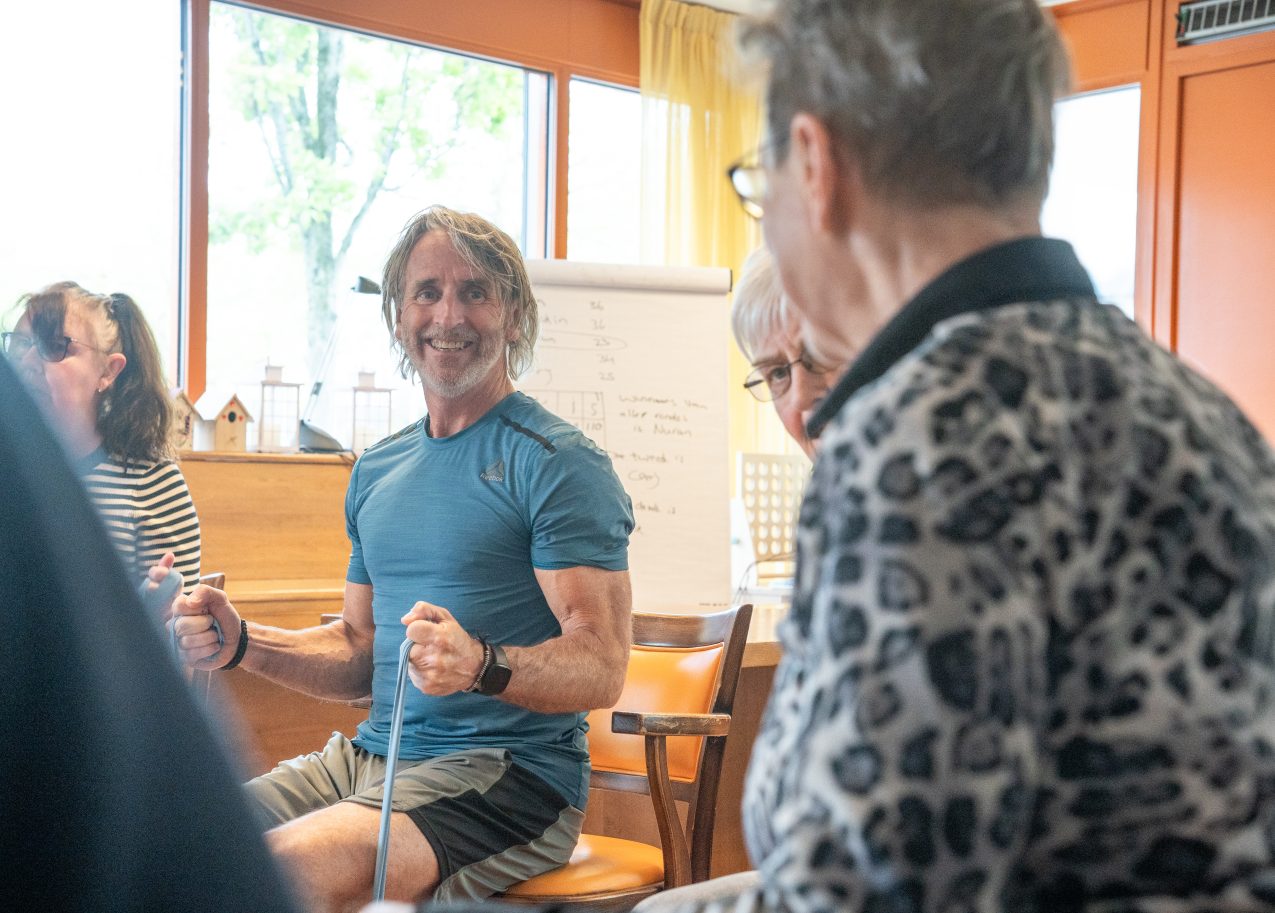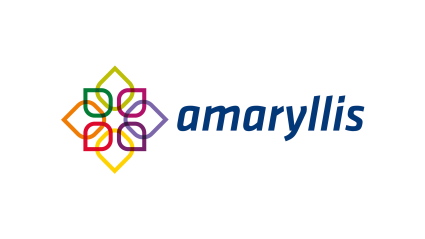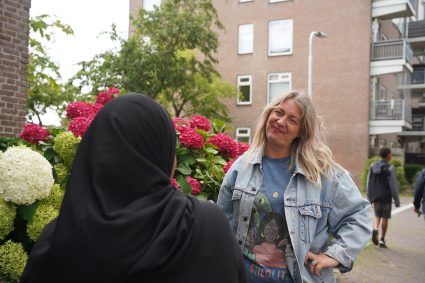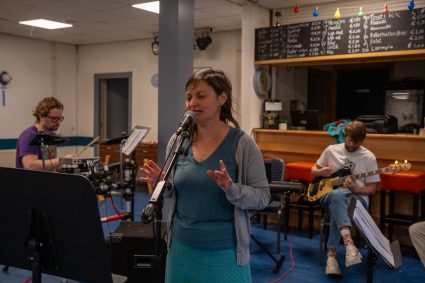"I consider myself too young to do nothing"
At the Odensehuis, a meeting place for people with some form of dementia or NAH (non-congenital brain injury), we meet Eize. He is a fit ex-military man on early retirement who does not like sitting still. Eize is an exercise coach at Meeting and participating.
100 days without volunteers, what do you think happens then?
"Then a lot of things come to a standstill. For example, at the Odensehuis: how many volunteers here assist people. If there are only paid staff then this group will thin out and stop. Then there won't be enough support anymore. I think we can hardly realise all that volunteers do."
So what do you do for volunteer work? "I have two volunteer positions: At the MCL, I host the cardiovascular ward about twice every three weeks. We then walk with a book cart past people who are hospitalised and chained to equipment. They cannot get out of bed because of this and so we visit. We bring the newspaper from the day before and have a trolley full of books and magazines we have collected ourselves. But actually that's not what it's about; it's about a social chat and some distraction for the people. They lie there for a long time and have nowhere to go, so it's nice when someone comes along. We also get nice reactions to that. Sometimes you discuss a lot with people; for instance, that they are going. That seems very general but then they don't mean going home. They are going to a hospice, they are dying. That is confronting but they are also nice conversations because people can talk openly about it. You get a different perspective on life and death."
"My other volunteer work is at Amaryllis. I came across this through the Volunteer Festival. I think exercise is important and so is volunteering. That combo turned out to be super: I am a sports coach. Mainly for the elderly and people with NAH (non-congenital brain injury). I have been in this position for almost two years now. At various locations of meet and join, I organise exercise with people. Very simple: using weights and elastic bands to make people move simply. Not too challenging and low-threshold. But also with an eye on social. There is variation in the elderly people who come and what they can do; some are still very sharp-witted while others tell the same story 100 times. But together it is still very sociable."
"I worked in defence for 40 years and am now on early retirement. In addition, I work for pay in the gym. I consider myself too young to do nothing. If I do nothing, my world becomes very small. I started looking for something completely different, I wanted to keep moving and serve. Military is a serving profession, now that's what I do; serve. I have a lot of free time now and I like to use it for society. I watched both my mother and mother-in-law disappear into dementia. I was in awe of the nurses how they handled this. This has stuck with me."
"I get a lot out of the appreciation you get from people and organisations. That's important. In the end, it's just in me; I think what I do is normal. But through the reactions you notice that it's actually not normal."
If everyone starts volunteering four hours a week for the next 100 days then...
"I think this is going to give a lot of people a very different view of the world. Especially in these days of phones and being so sharp on each other in what we say. I think there will be a greater understanding of each other's situation through real contact. So many people doing nothing now, it could be so different. I see larger bodies now giving employees space for a day of voluntary work. That does something to people. You see older people working that as a nice stepping stone towards life in retirement: getting out of that protected work cocoon and seeing the rest of the world. Cross the threshold of a building that makes you wonder: what happens there? What are those people doing there? What can I add? I also see myself as a bit of an ambassador for volunteering. I have already managed to convince quite a few people to volunteer. The important thing is to look for voluntary work that suits you. Find out about all the different types. Ask yourself: what do I like to do? Go determine that and look for those directions. And think about that early, not necessarily when you are already retired. I said the same thing to my younger colleagues at defence: pick a study, do what you like. Go and see what's out there."



